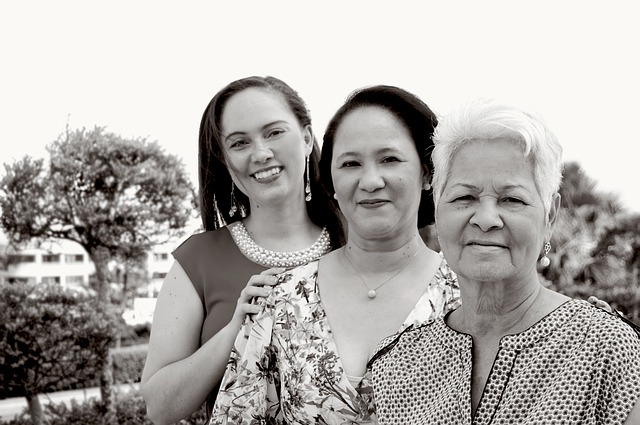What Is Family History of Cancer?
Your family medical history is a record of diseases and conditions that run in your family, especially among close relatives. You may share similar genes, habits, and environments that can affect your risk for getting certain diseases, including some cancers. A family history of breast, ovarian, uterine, and colorectal cancers can increase a woman’s risk for developing these cancers.
What Can Family History Tell Me About My Own Risk for Cancer?
Family history provides clues about your chances of getting cancer. Telling your doctor your family history is a first step to find out if you may be at increased risk. It will also guide you and your doctor in deciding what tests you need, when to start, and how often to be tested.
Knowing your family history also helps you and your doctor decide if genetic counseling or testing may be right for you. These services are most useful for women with a family history of cancer or who have had cancer themselves. While genetic testing and counseling are not recommended for all women, it is important for all women to know their family history.
How Do I Collect Family History Information?
Take advantage of family gatherings to ask questions about your family history of cancer. Respectfully ask your relatives to help fill in the gaps and confirm what you recall. You can find out more by looking through any existing family records that could provide information about your relatives who have had cancer. This may include—
- Family trees.
- Birth and death certificates.
- Birthday date books/documents.
- Photo albums.
- Obituaries posted online or clipped from the newspaper
What Kind of Information Do I Need to Collect?
Gather information about yourself and your family so you can share it with your doctor. This includes information about your—
- Parents and grandparents.
- Sisters and brothers.
- Children.
- Aunts, uncles, nieces, and nephews.
Information should include—
- Who had cancer and what kind?
- The age when they were diagnosed.
- Are they still living? If not, at what age did they die and what was their cause of death?
Knowing your family history is especially important if you have a first-degree relative (parent, sibling, or child) who was diagnosed before age 50 with ovarian, uterine, breast, or colorectal cancers.
Family history is also important to know if you have at least two or three other relatives (grandparents, aunts, uncles, nieces, nephews) on either your mother’s or father’s side who have had ovarian, uterine, breast, or colorectal cancer.
Which Hereditary Conditions Increase My Chances of Getting Cancer?
While there are several hereditary conditions that increase your chances of developing cancer, two of the most common are Hereditary Breast and Ovarian Cancer syndrome and Lynch syndrome.
- Women with Hereditary Breast and Ovarian Cancer (HBOC) syndrome have an increased risk for breast, ovarian, and several other cancers. Having this syndrome means you have mutations (changes) in your BRCA1 or BRCA2 genes. Family history information helps identify these women so they can be referred to genetic counseling to consider genetic testing.
- Women with Lynch syndrome are at increased risk for uterine, colorectal, and ovarian cancers.
Usually, people with Lynch syndrome have a family history of these cancers.
What If Cancer Does Not Run in My Family?
You are considered to be at average risk of developing ovarian, uterine, colorectal, and breast cancers if you do not have a family history of these cancers. However, women with no family history of cancer may still get cancer. So it’s important for you to get screened regularly for breast, cervical, and colorectal cancers. Knowing your family history will help your doctor and you make decisions about when to start screening and how often to get tested.
What Should I Do If Cancer Runs in My Family?
If you have relatives with a history of cancer, here are things for you to know—
- Many women have a family history of cancer, but few carry a genetic mutation that increases their cancer risk.
- Knowing your family history of cancer and talking to your doctor about it is the first step in helping you understand your chances of developing cancer.
- You (and your family) may benefit from receiving genetic counseling and testing to find out if you have a genetic mutation that affects your cancer risk.
What Is Genetic Counseling?
If your family history suggests that you may carry a genetic mutation, your doctor can refer you to genetic counseling.
A genetic counselor is a trained specialist who will ask you about your family’s health history and discuss whether genetic testing may be right for you. There are pros and cons and many things to consider when you’re thinking about genetic testing. Counseling helps to focus on what’s right for you.
What Is a Genetic Test?
A genetic test uses your saliva or blood to look at your DNA. This can show if there are mutations or changes in a single gene (or several genes) that may place you and your family at greater risk for developing a disease, such as cancer.
Are Certain Groups More Likely to Have Genetic Mutations?
Certain groups may be more likely than others to carry a genetic mutation that increases their risk of developing cancer, including people with—
- Strong family histories of cancer.
- Family members who were diagnosed with ovarian, uterine, colorectal, or breast cancer at or before age 50.
- Ancestors from Eastern Europe or who are Ashkenazi Jewish.
What Should I Do If I Have a Genetic Mutation?
Don’t panic. Having a genetic mutation that increases your cancer risk does not mean you will get cancer. There are several things that you can do to lower or manage your cancer risk. Talk to your doctor about—
- Which tests are more likely to benefit you most and when to start getting them. You may need to tested earlier and more often than people who are considered to be at average risk.
- Medication that could reduce your cancer risk.
- Risk-reducing surgery.
- Making healthy choices, like quitting smoking, not drinking alcoholic beverages, and maintaining a healthy weight through good nutrition and regular physical activity.
- My Family Health Portrait (Department of Health and Human Services)
- Bring Your Brave Campaign
- BRCA Mutations: Cancer Risk and Genetic Testing (National Cancer Institute)
- Finding a Genetic Counselor (National Society of Genetic Counselors)
- Have You or a Family Member Had Colorectal (Colon) Cancer?
- Lynch Syndrome (U.S. National Library of Medicine)
Source: CDC.gov

